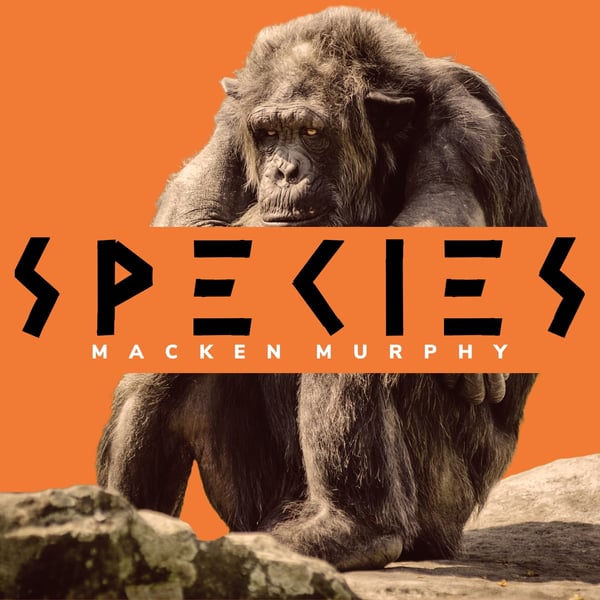The Other Kind of Evolution | Dr. Joe Henrich
Species
Macken Murphy
4.8 • 606 Ratings
🗓️ 8 August 2021
⏱️ 60 minutes
🧾️ Download transcript
Summary
Today I sat down with Professor Joe Henrich to discuss what makes our species special—which is, by his lights, culture. Our conversation centers on how culture develops, and from this topic, we managed to hit a wide range of other subjects, including but not limited to: the validity of children as models for uncultured humans, the relevance of intelligence to human success, the potential philosophical implications of known facts about cultural evolution, neanderthals vs. humans, and the extent to which human nature is genetic.
Henrich is Professor and Chair of the Department of Human Evolutionary Biology at Harvard University, and he is the author of two widely-acclaimed books, The Secret of Our Success and The WEIRDest People in the World. Our conversation today focused on the first book, but you can find both on Henrich's website: https://henrich.fas.harvard.edu/
Transcript
Click on a timestamp to play from that location
| 0:00.0 | If I was taken from my home as a baby and successfully accepted into a traditional Maasai family, |
| 0:07.8 | I would grow up to be a completely different individual. |
| 0:11.8 | For those of you who don't know, the Maasai traditionally, our group of cattle herders living in Africa, |
| 0:17.3 | and their culture is about as different from mine as it gets. And if I was raised as one of them, |
| 0:25.2 | I'd be unrecognizable as a human today. I'd spend my days tending to cattle instead of editing |
| 0:31.7 | audio. I wouldn't be an atheist. I'd worship Engai. Instead of tattoos and earrings, I'd have stretched out earlobes and body |
| 0:39.6 | paint, and I'd be living on a diet consisting of milk, honey, meat, and cow blood. The least |
| 0:47.8 | vegan diet it is possible to contrive. So I'd have completely different looks, beliefs, |
| 0:53.7 | and behaviors, and there wouldn't be |
| 0:56.0 | much of the Macon you know left. And for the point I'm about to make, the specifics here |
| 1:01.9 | aren't really important. There's nothing special about the Messiah or me. What I want you to |
| 1:05.7 | notice here is that you could take any human baby and put them in any human culture, and as long as the |
| 1:12.8 | members of that culture didn't reject them outright, that baby would likely grow up to be a |
| 1:19.4 | remarkably normal member of that culture, which is to say a completely different person than they |
| 1:26.0 | would have been. |
| 1:34.0 | As a human, living in the human world, it's very easy to miss how remarkable this is. |
| 1:36.1 | There are a few weird things here. |
| 1:42.4 | First, across our range, our species varies more dramatically than any other in its behavioral repertoire. |
| 1:44.0 | The difference in lifestyle between a member of the Maasai and a New Englander like me |
| 1:48.9 | is far more dramatic than, say, the difference between a gray wolf in Russia and one in Canada. |
| 1:56.4 | And second, where the regional differences we see in other species that vary across a large range |
| 2:02.2 | are often genetically influenced, the regional differences in our species are hardly genetic at all. |
... |
Please login to see the full transcript.
Disclaimer: The podcast and artwork embedded on this page are from Macken Murphy, and are the property of its owner and not affiliated with or endorsed by Tapesearch.
Generated transcripts are the property of Macken Murphy and are distributed freely under the Fair Use doctrine. Transcripts generated by Tapesearch are not guaranteed to be accurate.
Copyright © Tapesearch 2025.

